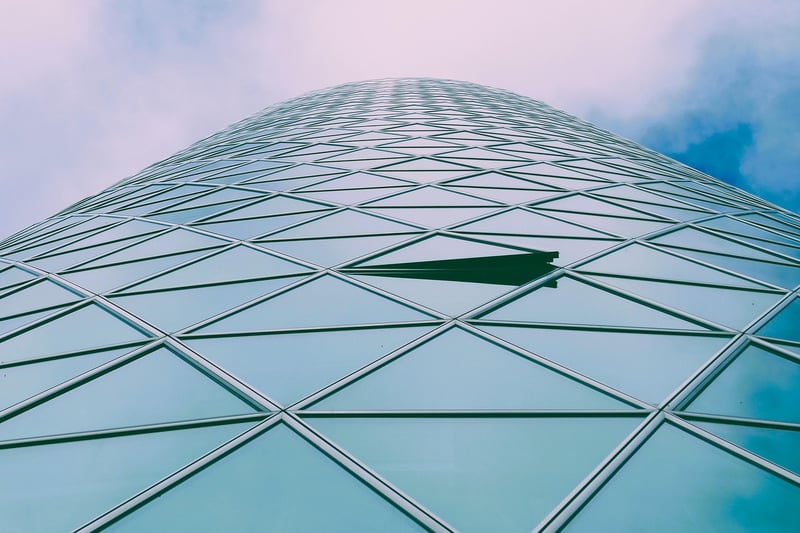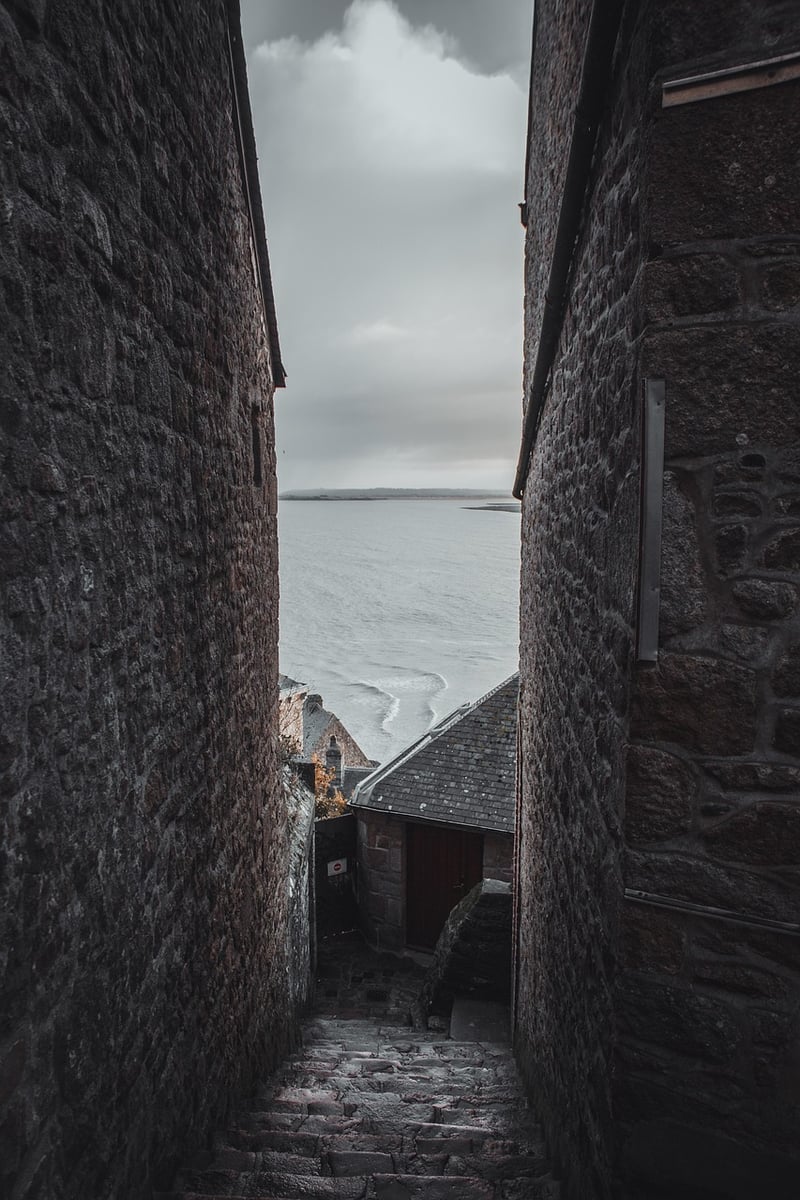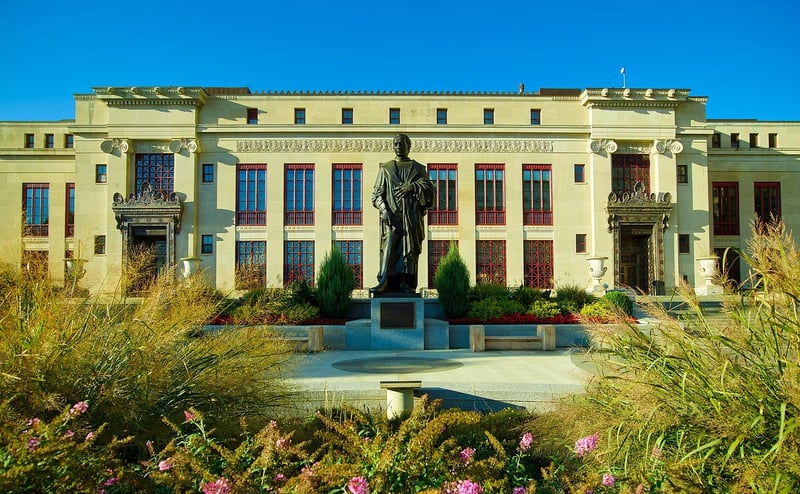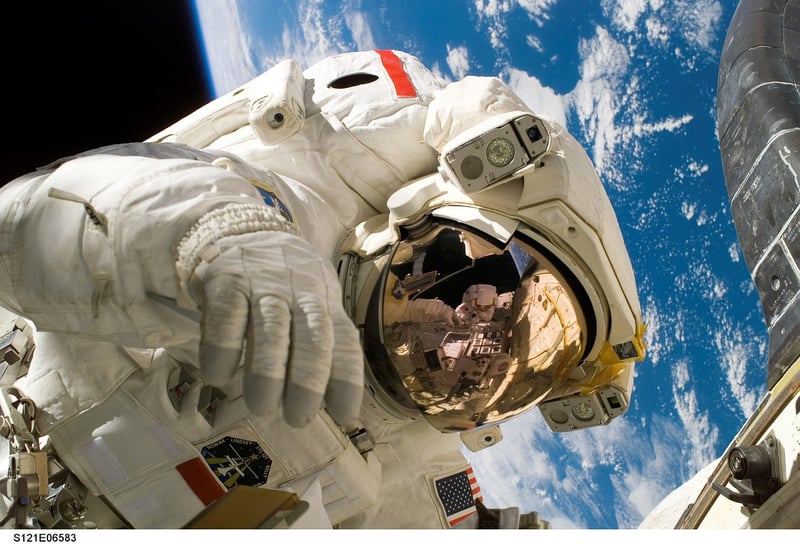Future Exploration
Exploring Different Time Periods and Future Exploration
Introduction
Exploring different time periods can offer us insights into history, culture, and innovation. From ancient civilizations to modern times, each era has its own unique characteristics that shape our world today. Additionally, looking into the future of exploration opens up exciting possibilities for human advancement and discovery.
Ancient Civilizations
Ancient civilizations such as the Egyptians, Greeks, Romans, and Mayans have left behind remarkable legacies. The pyramids of Egypt, the Acropolis in Athens, the Colosseum in Rome, and the temples of Tikal all stand as testaments to the achievements of these societies.

The Middle Ages
The Middle Ages, a period spanning from the 5th to the 15th century, saw the rise of feudalism, knights, and magnificent cathedrals. Castles dotting the European landscape, like the iconic Mont Saint-Michel in France, reflect the architectural prowess of the time.

The Age of Exploration
The Age of Exploration in the 15th to 17th centuries marked a period of maritime discovery. Explorers like Christopher Columbus, Vasco da Gama, and Ferdinand Magellan charted new territories, leading to the global exchange of goods, ideas, and cultures.

Modern Times
Modern times have witnessed rapid industrialization, technological advancements, and globalization. From the invention of the steam engine to the internet revolution, each era has propelled society forward, shaping the world we live in today.

Future Exploration
The future of exploration holds limitless possibilities. Advancements in space travel, artificial intelligence, and sustainable energy promise to redefine how we interact with the world and the universe beyond. From colonizing Mars to harnessing clean energy sources, the future is full of exciting prospects.

Conclusion
Exploring different time periods allows us to appreciate the achievements of the past and learn valuable lessons for the future. By looking back at history and embracing future exploration, we can continue to push the boundaries of human knowledge and innovation.
Let's embark on a journey through time and space, exploring the wonders of our world and beyond.
